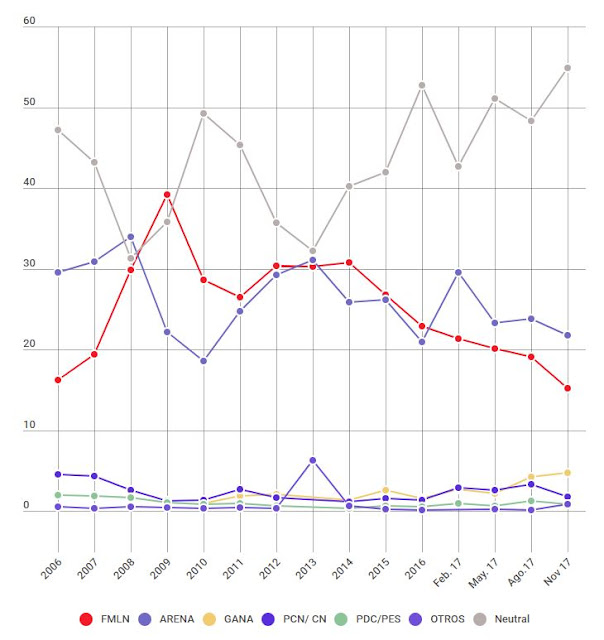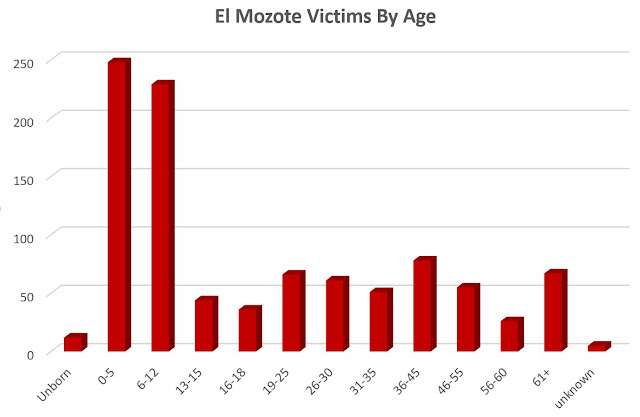Making "exceptional measures" the norm
Since March 2016, El Salvador has had in place a series of "exceptional measures" to combat gang violence in the country. These steps include measures in the prisons such as harsh solitary confinement for gang chiefs, elimination of visits to inmates, blocking of cell phone signals around prisons, as well as longer pretrial detention, more use of the military, and greater freedom of security forces to use deadly force in pursuit of suspected gang members. Some of these measures are authorized explicitly by the exceptional measures decree, and others are simply an ever harsher approach to crime fighting. This week the director of the National Civilian Police, Howard Cotto, indicated that he thought the measures should be made permanent because they were "showing results." Primarily Cotto is pointing to a reduction in the level of homicides from 2016 to 2017 of more than 25%. Yet at the same time, there has been a dramatic increase in t...



